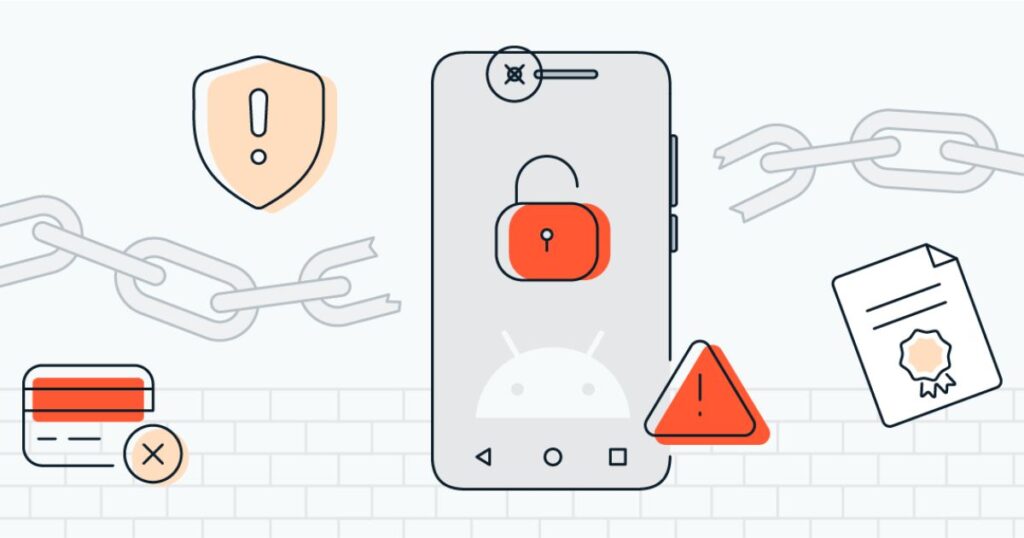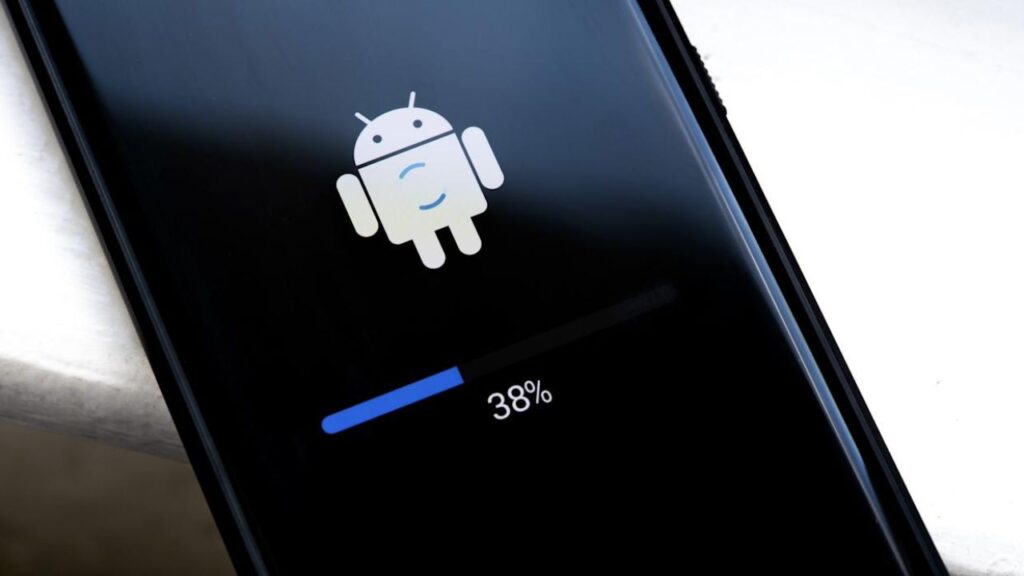Rooting an Android phone used to be a rite of passage for tech enthusiasts and power users. But as Android has matured, the necessity and risks of rooting have evolved.
In 2025, is it still worth it? Here’s a breakdown of the pros and cons, plus my personal experience, to help you decide.
What is Rooting?
Rooting is the process of gaining privileged (root-level) control over your Android operating system. It allows you to access and modify system files, install custom ROMs, block ads system-wide, boost performance, and more.
But with great power comes great risk.
Pros of Rooting Your Android Phone in 2025

1. True Customization
Rooting gives you the freedom to completely customize your device, from fonts and animations to removing unwanted system apps (bloatware).
2. Access to Powerful Apps
Some apps require root access to work, such as Titanium Backup, Greenify (for aggressive background task control), or AdAway (system-wide ad blocker).
3. Boost Performance & Battery Life

You can tweak CPU/GPU performance, undervolt your device, and remove background processes, leading to better speed and longer battery life, if done right.
4. Custom ROMs & Android Versions
Want Android 15 on a phone the OEM abandoned at Android 12? Flashing a custom ROM like LineageOS or Pixel Experience brings new life to older devices.
5. Complete Device Control
From changing boot animations to modifying system-level permissions, root puts you in charge.
Cons of Rooting in 2025
1. Voided Warranty & Risk of Bricking
Rooting usually voids your warranty. And if you don’t follow the steps correctly, you could “brick” your device (make it unusable).
2. Banking & Payment Apps May Stop Working
Many apps, especially banking, UPI, or Google Wallet, use SafetyNet or Play Integrity API. Rooting may trip these security checks, causing these apps to refuse to work.
3. OTA Updates Won’t Work

You’ll lose the ability to get official software updates unless you flash them manually, which can be time-consuming and risky.
4. Security Vulnerabilities
Granting root access makes your device more vulnerable to malware, especially if you install shady apps or don’t secure the root properly.
You may like: Google’s New AI Mode Lets You Ask Questions with Images
My Experience Rooting in 2025

I recently rooted my Samsung Galaxy S9, which had been lagging and stuck on Android 10. With a custom ROM, I upgraded to Android 14, removed all bloatware, and doubled my battery life with a custom kernel.
Was it worth it? Absolutely, but only because I knew the risks and didn’t use the phone for banking or work.
Would I root my daily driver? Probably not. Unless you’re a power user or developer, most people don’t need root anymore thanks to how customizable and capable modern Android already is.
Should You Root?
- Yes, if:
- You love experimenting, tweaking, and don’t mind risks.
- You have a spare or older device.
- You want full control over your phone.
- No, if:
- You rely on your phone for work or payments.
- You need a stable, secure, and up-to-date device.
- You’re not comfortable with flashing, backups, and troubleshooting.
Have you rooted your Android in 2025? Planning to? Share your thoughts or questions in the comments below!


















